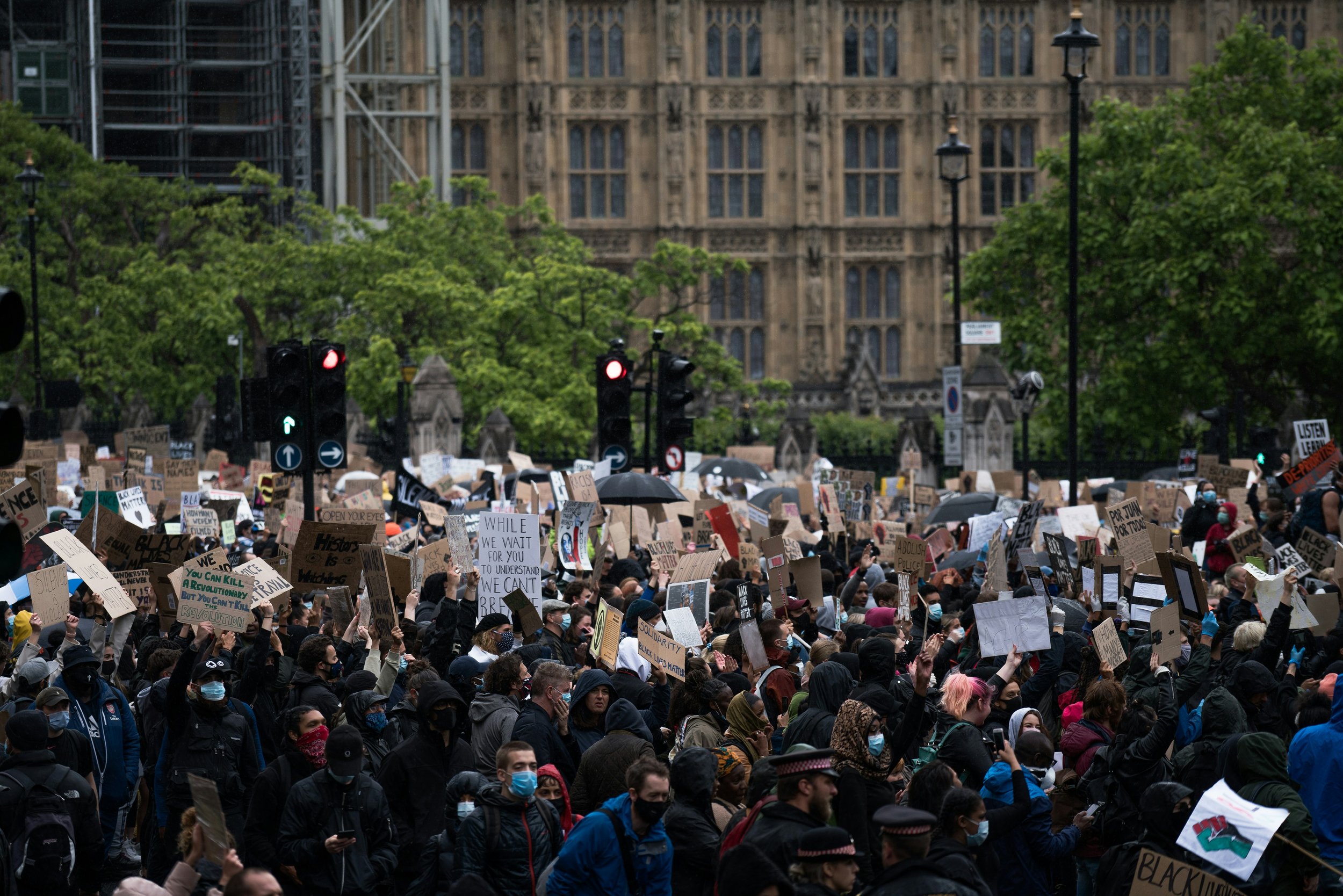
Living Library of Knowledges
About This Page
-
Our Living Encyclopedia is part of our work in creating Living Knowledges. Here you will find community led and scientifically rooted reportings that are in constant progression as injustice is an evolving phenomena.
Living Knowledges is a realm where knowledge finds a sanctuary to flourish, evolve, and expand beyond the confines of conventional repositories. It is a dynamic space dedicated to storing and nurturing knowledge in a manner that allows it to adapt, transform, and grow with the passage of time.
This is a digital ecosystem designed to accommodate the vast array of information amassed by humanity. It goes beyond the static nature of traditional libraries and archives, embracing the concept of living ideas that continuously evolve. Thus, knowledge is envisioned as a living entity that undergoes perpetual enhancement and refinement. Every piece of information is treated as a seed, capable of germinating, branching out, and cross-pollinating with other ideas.
-
This Library houses all the work produced therefore you can use the filter to search for topics and formats that suit your query.
You can access a range of works, such as definitions which give a ~200 word summary of a key topic, as well as long form reports.
Some of the works listed here also feature in the Programmes so you can see related works as you go.
A Declaration for Health
During the summer of 2024, psychologists, doctors, medical students, and other healthcare professionals from racialised experiences gathered to co-create methods for weaving justice into their practices. This is their Declaration and proposition for a world that rooted in healing rather than harm.
Responding to the UK Government’s Consultation on the NPPF
The government published a consultation on proposed changes to the National Planning Policy Framework on 30 July 2024. It included questions and proposed changes on a number of topics, which have implications for people’s health and wellbeing. This paper sets out Centric Lab’s responses to questions and policy changes and how they influence health.
Mapping & navigating British systems of power
This working board is for people who are not “professionals” within the legal, policy, or advocacy space (NGOs) but for community-led organisers looking to develop action plans and theory of change models. The MIRO board has a series of instructions after an introduction section that you can refer to at different times.
Right to Pollute Policies and their Epistemological Roots
This project brought together people with knowledges across a variety of policy, organising in healthcare and the criminal justice system, as well as environmental and climate justice.
Urban Sacrifice Zones & the Right to Pollute
The purpose of this data led study is to bring attention to everyday people those who have the right to pollute in their neighbourhoods, so that people can make more informed decisions when it comes to voting and priorities for our shared health and climate change action points.
Planetary Dysregulation, Capitalism, and Healthcare
The intention of this audio project is to discuss the links between systems and imaginations rooted in supremacy, the dysregulation of planetary systems, and the poor health outcomes being experienced by peoples who are racialised and minoritised.
Multi-Ethnic Working Class
The multi-ethnic working class is a socially constructed umbrella term to describe those who have been marginalised and artificially classified due to their type of work and income.
The Responsibility of the Food, Drink, Tobacco Industry in Emissions
Due to the large level of grocery sales, food, drink and tobacco are the largest emitters of any retail sub-sector, being responsible for 62 per cent of all emissions.
Decarbonisation, Natural Gas, and Health
The move away from a reliance on a natural resource should be supported by the health and environmental benefits it will bring to people living in close proximity to industrial sites, and to our overall biodiversity regulation.
Reciprocity, not Sustainability
Capitalism is finally acknowledging that it has reached a limit to its extraction methods, it can no longer keep taking from nature without consequence. In response, capitalism is employing more sustainable practices with sustainability or green technology at the top of most corporate agendas, however this is not going to be enough. Especially, if we are to reach meaningful planetary health goals that can also have a positive impact on human health.
Air Pollution
Air pollution presents a particularly insidious hazard given that the disease affects respiratory and cardio-vascular systems (source). These two systems are sensitive to air pollution as air pollution directly damages the mechanics and as a consequence the function of lungs, heart, and the circulatory system.











